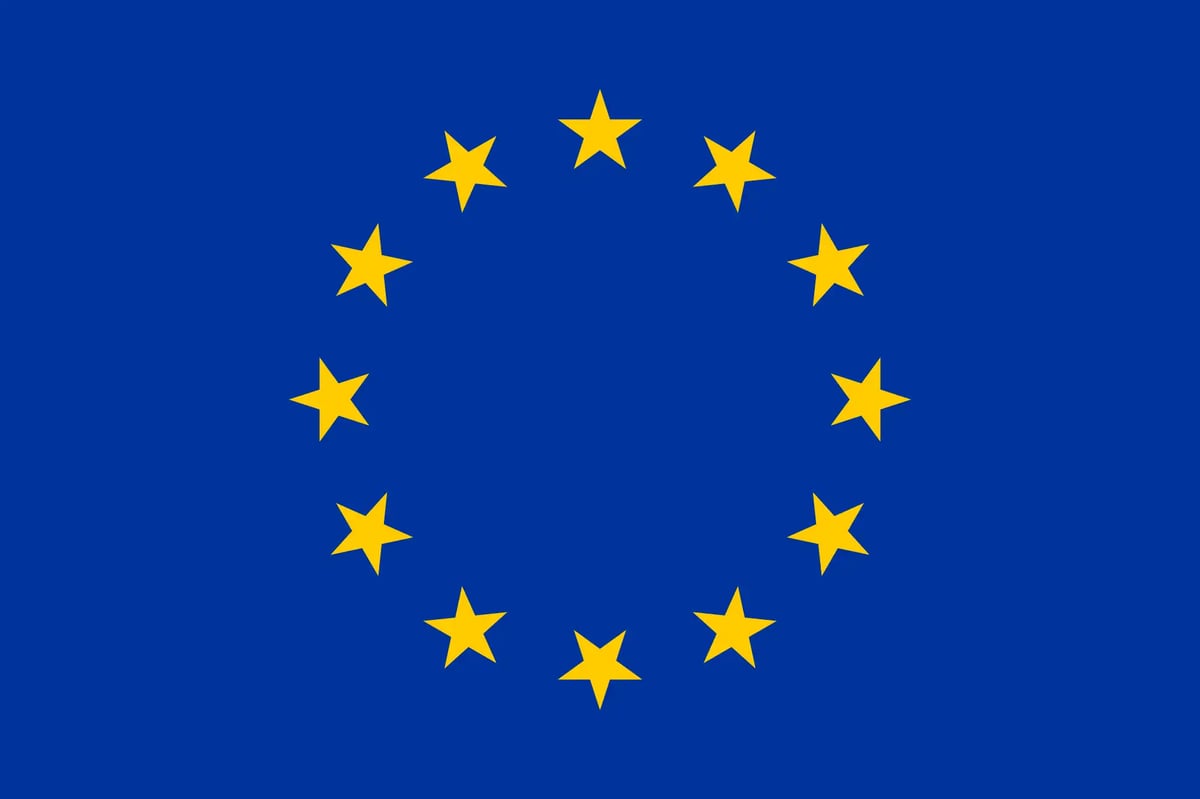In many cases, a merger or takeover qualifies as a transfer of undertaking. The legal principle is that the pension obligations as they apply prior to the acquisition are also transferred. However, there are some exceptions to this rule. This second blog in the blog series on pensions in takeovers discusses this legal regime.
As you may have read in our first blog, it is of great importance to map out the pension obligations and risks before the merger or acquisition is realized. In many cases a merger or acquisition qualifies as a transfer of undertaking. The legal starting point is that the pension obligations as they apply prior to the acquisition are also transferred. However, there are some exceptions to this rule. This second blog in the blog series on pensions in acquisitions discusses this legal regime.
The concept of transfer of undertaking has been established in a European Directive and was subsequently implemented in Sections 7:662 - 7:666 of the Dutch Civil Code (BW). These articles guarantee the protection of employees during a transfer against the deterioration of employment conditions and lay-offs.
Diverging transactions
The manner in which a transfer of a company takes place has consequences for (the classification of) the consequences for a pension plan.
In the case of a equity transaction, only the shares of the company are transferred. In reality, nothing changes at the level of the company that is transferred. As a result, the employment relationship between the company and the employees does not change in most cases. Except for a few specific situations, for example if the pension plan is embedded within a group of companies and - for example - is administered by a company pension fund. Such a case really needs to be assessed on its specific merits.
The pension plan therefore usually remains intact in an equity transaction without changes.
This is different in an asset/liability transaction (the company merger). The assets and liabilities of the transferring party (the seller (“transferor”)) are transferred to the acquiring party (the buyer (“transferee”)). This is often where the legal regime of transfer of undertaking comes into play, just as with a legal merger. The legal rules on transfer of undertaking include a specific provision regarding pensions.
The main rule of Section 7:663 of the Dutch Civil Code
Section 7:663 of the Dutch Civil Code contains the essence of the protection of employees in the event of a transfer of undertaking.
"By the transfer of an undertaking, the rights and obligations which, at that time, follow for the employer in that undertaking from an employment contract between him and an employee working there are transferred to the transferee by operation of law (...)"
Thus, according to the article, the rights and obligations of employees pass to the transferee by operation of law. Both written and verbal agreements arising from the employment contract with the employee are transferred. This therefore also includes pension agreements that the employer and employee have made with each other.
The pension exceptions of Section 7:664 of the BW
With regard to pensions, three exceptions have been created to the main rule. The rights and obligations arising from the pension agreement are not transferred in the cases referred to in Section 7:664 paragraph 1 under (a), (b) and (c).
In the following three situations the rights and obligations from the pension agreement are not transferred to the transferee:
(a) The transferee makes the same offer to enter into a pension agreement as he has already made to his own employees before the time of transfer;
(b) The transferee is obliged to participate in an industry-wide pension fund (Bpf) and the employee will participate in that industry-wide pension fund;
(c) The pension agreement has been deviated from by means of a collective labor agreement.
Sub (a) - offer of pension agreement
This is a frequently occurring exception. For example, the acquiring party may already have its own pension plan with a pension provider such as an insurer for its own employees. To apply this exception the buyer must make the same pension offer to the employees who are transferred as the offer it made to its own employees (paragraph 1 under a). The employees who are transferred do not have to accept the offer; making an offer is in itself sufficient for the exception to apply. However, the employer usually has an interest in acceptance, because in many cases the administration agreement with an administrator prescribes the obligation to sign up all employees. The quality - better or worse - of the transferee's pension plan is not relevant for the statutory exception to apply.
Sub (b) - employees will participate in a Bpf
If the transferee is obliged on the basis of legislation and regulations to participate in an industry-wide pension fund, the main rule does not apply as well ( paragraph 1 under b). In that case, the employees will participate in the pension fund of the acquirer after the transfer. The rights and obligations stemming from the pension agreement with the transferor are therefore not transferred in that case.
Note: It is possible that the transferee's main activity will change as a result of the transfer. This can have consequences for the possible obligation to participate in a Bpf, for example that the current mandatory participation in the Bpf no longer applies or that another Bpf comes into play. It is therefore always important to conduct a scope analysis in case of a transfer. This also applies to the transferor whose main activity/business activity may also change if part of its undertaking is transferred.
Sub (c) - derogation by collective labor agreement
The last exception is the exception by collective labor agreement (paragraph 1 under c). This exception offers social partners the possibility to reach different agreements on pensions in the context of a transfer of undertaking.
All three exceptions apply to pension rights and obligations arising from a pension agreement between employer and employee.
The exception to the exception
According to article 7:664 paragraph 2 of the Dutch Civil Code, the exceptions as referred to above ((a) through (c)) cannot be used if the transferor and the transferee before and after the transfer fall under the same Bpf and the employees (continue to) participate in it.
In that case the main rule is that all rights and obligations from the employment contract are transferred. In fact, this means relatively little, because both the transferor and the transferee were already part of the same Bpf, this simply means a continued pension participation (only from another employer). However, it should be taken into account that the transferee will also acquire any pension premiums that are outstanding.
In this situation case law indicates that pension premiums in arrears from the transferor to the Bpf may be transferred to the transferee. We will discuss this in more detail in a later blog.
Transferor has no pension plan
It is of course also possible that the transferor did not have a pension plan at all for its employees. In this case it is wise to check whether the transferor was not actually under an obligation to do so. For example, should the transferor not have been obliged to participate in an industry-wide pension fund? In that case, too, an assessment of the scope of the obligation is logical. Suppose that the conclusion is that the transferor not only does not have a pension plan but also had no legal pension obligation. Does this mean that the transferee does not have to offer the transferred employees anything in the pension area? No, because Section 9 of the Pensions Act prescribes that in such a situation, the transferee is deemed to have made the same offer to enter into a pension plan as the pension plan already in effect for its own employees.
It should be clear that pensions cannot be treated in the same way as other employment conditions. There is a separate legal pension regime in place, as well as various ways to implement a pension plan, which means that a proposed takeover will always have to be assessed on its pension merits. We are happy to support you in this!











